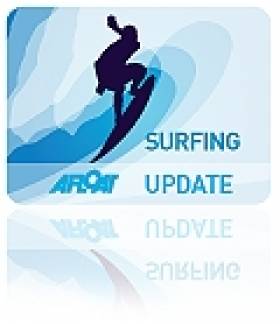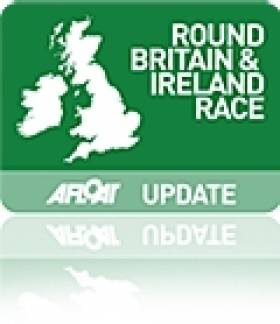Displaying items by tag: West coast
Hurricane Produces West Coast 'Prowler'
Fireballs Gear up for Worlds with New Video
Bad Forecast Forces Organisers to Change Direction of Race
At last night's Skipper's Briefing for the Sevenstar Round Britain and Ireland Race, the Royal Ocean Racing Club (RORC) announced a dramatic change to the race. Part of the reason for the change is being blamed on a lack of shelter for boats in trouble on the Irish West coast. There are no Irish entries in this year's race.
Due to a severe weather forecast for the west coast of Ireland for Thursday 26th August, the RORC have decided to reverse the course so that the fleet will race anti-clockwise around Britain and Ireland. The start remains unchanged from the Royal Yacht Squadron line to the east at 14.00. This should give the fleet a fast running start towards the forts in the Solent.
Andrew McIrvine, Commodore of the Royal Ocean Racing Club explains why the club took the decision:
"The reason for changing the course is consideration for all the competitors. We have been monitoring the weather models for the last few days and they are all in agreement that a deep depression will be arriving to the west of Ireland at the same time as most of the fleet will be there. The RORC weather advisor Mike Broughton, believes that this will bring wind speeds of at least 40 knots, possibly as much as 50 knots on the nose. Worse than that, as the wind direction changes over 180º as the low passes through the sea state becomes very confused. Although the boats are very well prepared, these conditions could cause damage and retirements and the west coast of Ireland has very few places offering shelter. By going east about, the boats will avoid the worst of the depression and the confused sea state and will have far more shelter opportunities as there will be several ports that the boats can go into should they decide to do so."
The Sevenstar Round Britain and Ireland Race starts tomorrow at 1400 from the Royal Yacht Squadron Line, Cowes, Isle of Wight, England.
For more information and to follow the fleet via the race trackers go to: http://sevenstar.rorc.org/































































